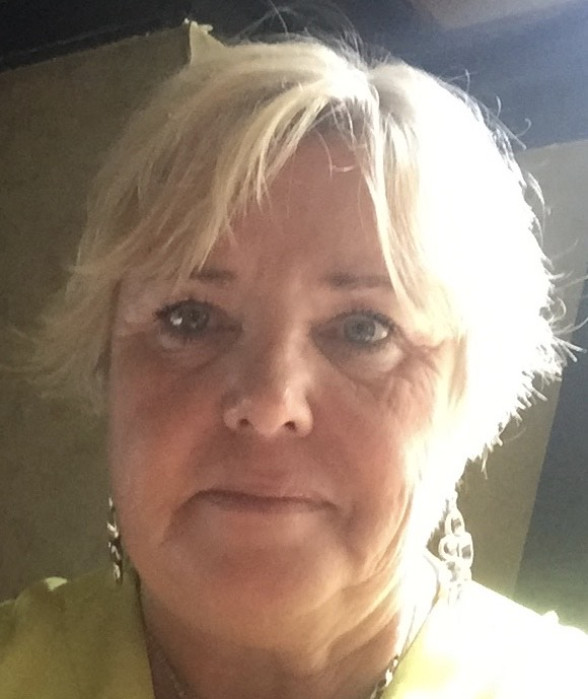 DAI is pleased to highlight a panel presentation by DAI Board member, Christine Thelker from Canada, at an important webinar on dementia and palliative care during COVID and beyond. Thank you Christine, for speaking up for all of us.
DAI is pleased to highlight a panel presentation by DAI Board member, Christine Thelker from Canada, at an important webinar on dementia and palliative care during COVID and beyond. Thank you Christine, for speaking up for all of us.
All of the presentations and discussions were not only informative, they were extremely enlightening. Christine's speech comes in at 4:40 mins in the video recording of the session:
